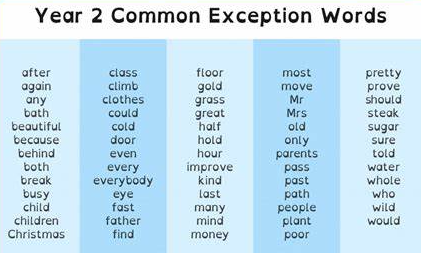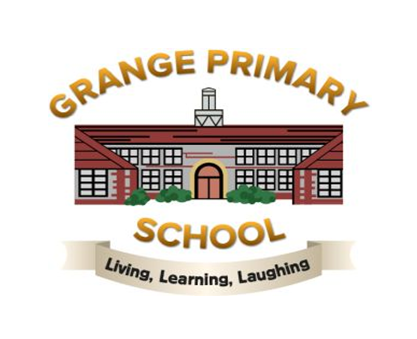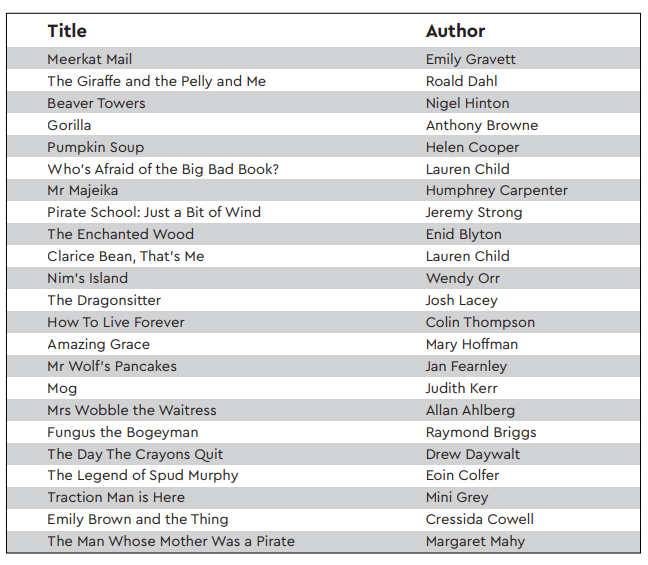Year 2
Welcome to Year 2!
There are two teachers in Year 2 – Mrs Angeloni and Doctor Hyde. Our teaching assistants are Mrs J and Miss Allen who works across the team. We also have Miss Legg who supports in class across the team.
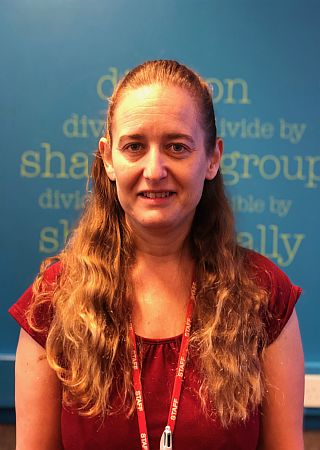
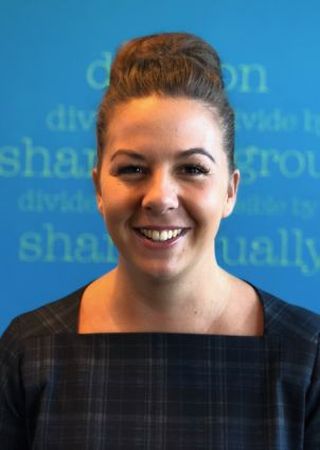
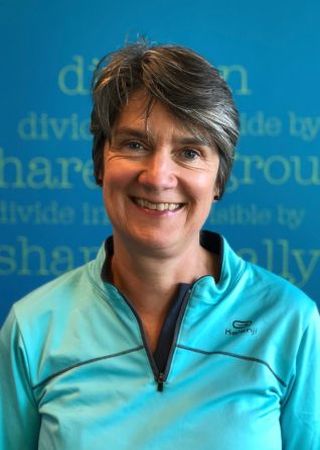
Important notices
Every child should arrive at school on time and ready to learn. We will open our gates at 8:35am and children need to have arrived by 8:45am to ensure they do not receive a late mark in the register. The gates will shut promptly after 8:45am. Being on time each day will enable your children to receive the best of their learning opportunities.
The children will be doing P.E with Mr. Oliver each week on a Tuesday. Your child should come to school wearing their PE kit.
Please ensure you sign up to WEDUC at the start of the year as we do not want you to miss any important information.
Please contact the office if there are any changes with personal details e.g., new address or change to mobile phone numbers.
Please ensure that school uniform is labelled.
Diary Dates!
- The Great Grange burn- week commencing 3rd February (weather dependent).
Reading and Homework Expectations
The children will have many opportunities to read and enjoy books throughout the week at school, especially in shared reading sessions and through listening to our class text. Children in Year 2 visit the school library each Monday where they can choose both fiction and non-fiction books.
We ask that children read at home as often as possible, ideally 10 minutes each day and that they record this in their reading diaries. Reading at home and discussing books with your child is a great way to build on and improve not only their reading fluency, but also their wider reading skills such as inference and comprehension. Regular readers who record it in their reading diary are rewarded with bronze stickers.
Spellings are given out every Thursday and your child will be tested on these the following Wednesday.
Homework will be handed out each Thursday and will be due in the following Wednesday. Sometimes homework will consist of projects which last a few weeks. We will inform you when this is the case. Rewards will be given out for completed homework that is given in on time.
What do we learn in Year 2?
Please read this half-term newsletter to see how you can support your child's learning at home
End of Year 2 Expectations
End of Year 2 Expectations
Here you will find information for parents and carers on the end of year expectations for children in our school. The staff have identified these expectations as being the minimum requirements your child must meet in order to ensure continued progress throughout the following year.
All the objectives will be worked on throughout the year and will be the focus of direct teaching. Any extra support you can provide in helping your children to achieve these is greatly valued.
If you have any queries regarding the content on this page or want support in knowing how best to help your child please talk to your child’s teacher.
Working at the expected standard
The pupil can:
- accurately read most words of 2 or more syllables
- read most words containing common suffixes*
- read most common exception words*
In age-appropriate** books, the pupil can:
- read most words accurately without overt sounding and blending, and with sufficient fluency to allow them to focus on their understanding rather than on decoding individual words***
- sound out most unfamiliar words accurately, without undue hesitation
In a book that they can already read fluently, the pupil can:
- check it makes sense to them, correcting any inaccurate reading
- answer questions and make some inferences
- explain what has happened so far in what they have read
Working at the expected standard
The pupil can, after discussion with the teacher:
- write simple, coherent narratives about personal experiences and those of others (real or fictional)
- write about real events, recording these simply and clearly
- demarcate most sentences in their writing with capital letters and full stops, and use question marks correctly when required
- use present and past tense mostly correctly and consistently
- use co-ordination (such as or/and/but) and some subordination (such as when/if/that/because) to join clauses
- segment spoken words into phonemes and represent these by graphemes, spelling many of these words correctly and making phonically plausible attempts at others
- spell many common exception words*
- form capital letters and digits of the correct size, orientation and relationship to one another and to lower-case letters
- use spacing between words that reflects the size of the letters
Working at the expected standard
The pupil can:
- read scales* in divisions of ones, twos, fives and tens
- partition any two-digit number into different combinations of tens and ones, explaining their thinking verbally, in pictures or using apparatus
- add and subtract any 2 two-digit numbers using an efficient strategy, explaining their method verbally, in pictures or using apparatus – for example: 48 + 35, 72 – 17
- recall all number bonds to and within 10 and use these to reason with and calculate bonds to and within 20, recognising other associated additive relationships – for example: if 7 + 3 = 10, then 17 + 3 = 20; if 7 – 3 = 4, then 17 – 3 = 14; leading to if 14 + 3 = 17, then 3 + 14 = 17, 17 – 14 = 3 and 17 – 3 = 14
- recall multiplication and division facts for 2, 5 and 10 and use them to solve simple problems, demonstrating an understanding of commutativity as necessary
- identify 1/4, 1/3, 1/2, 2/4, 3/4 of a number or shape, and know that all parts must be equal parts of the whole
- use different coins to make the same amount
- read the time on a clock to the nearest 15 minutes
- name and describe properties of 2D and 3D shapes, including number of sides, vertices, edges, faces and lines of symmetry
*The scale can be in the form of a number line or a practical measuring situation.
Spellings
